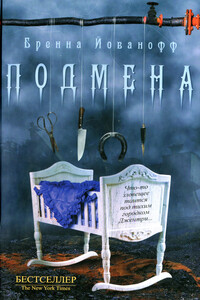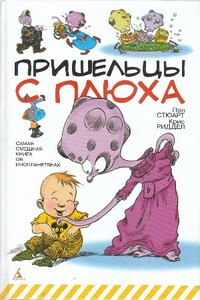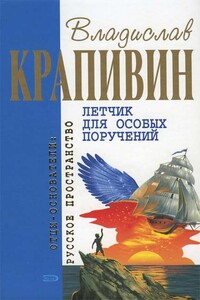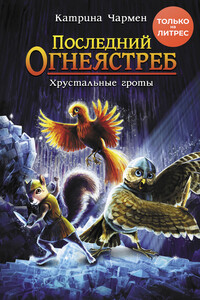Iron is everywhere. It’s in cars, kitchen appliances, and those big industrial machines they use to pack food, but most of it’s mixed with other things, carbon and chromium and nickel. It hurts in a slow, exhausting way. I can take it.
The blood iron was different. It roared up through my mouth and nose, getting in my throat. Suddenly, it was hard to focus. My heart was beating very fast and then too, too slow.
“Mackie?” Alice’s voice sounded thin and fuzzy, coming from far away.
“I have to go,” I said. “My locker . . . I forgot this thing and I need to . . .”
For a second, I thought one or two or maybe all of them were going to follow me. Alice started to reach for me. Then Roswell put his hand on her arm and she stopped. His expression was tight, like he was pressing his lips together to keep from saying something. He jerked his head in the direction of the hall, just barely. Just go.
I made it through the maze of tables and out of the cafeteria without stumbling, but my vision was starting to tunnel and I could feel my heartbeat in my hands and in my ears. It was better once I got away from the sweet, suffocating smell of the blood drive. I took deep breaths and waited for the dizziness to ebb off.
The lockers in the junior hall all looked the same—five feet tall and painted a light, flaking beige. Mine was at the far end, past the hall to the math wing and the doors out to the courtyard. As soon as I came around the corner, I knew something was wrong with it.
On the locker door, at eye level, there was a red smear the size and shape of someone’s palm. Even before I got close, I could smell the blood. It wasn’t as bad as Alice’s puncture wound. That had been warm, horribly metallic. This was cold and sticky, just starting to dry.
I looked around, but the hall was empty. The doors leading out to the courtyard were closed. It had been raining all day and there was no one on the grass.
The smear was a dark, gummy red, and I stood with my hands against my forehead. It was a joke, some kind of mean, stupid trick. It wouldn’t be too much of a stretch to come up with it—you wouldn’t have to guess. I am notorious for being the guy sitting on the ground with my head between my knees when someone gets a bloody nose.
It was a joke because it had to be. But even before I moved closer, I knew deep down that it wasn’t. Someone had gotten creative with a paper clip or a key. They’d scratched the word Freak into the congealing mess.
I took my sleeve and scrubbed at it, feeling sick and out of breath. I got most of the blood off, but Freak stayed right there on the door. It was scratched into the paint and blood had settled into the letters so the word stood out dark against the beige enamel. Looking at it made the rush of static sweep in again. I backed away and almost fell. There was just my slow, stuttering heartbeat.
Then my hand on the wall, feeling for the door, the empty courtyard, the fresh air.
I was in kindergarten the first time my dad told me about Kellan Caury.
The story was short, and he told it over and over, like Winnie-the-Pooh or Goodnight Moon. When my dad told it, I could see the important parts like scenes from an old movie, flickering and grainy. Kellan Caury would be quiet and polite. A grown-up, maybe in his thirties.
He was like me. Mostly. Except that he had an extra set of joints in his fingers and I always pictured him in black and white.
He ran a music repair shop on Hanover Street and lived above it in a little kitchenette apartment. He couldn’t tune pianos because he couldn’t stand to touch the steel wires, but he was honest and fair and everyone liked him. His specialty was fixing violins.
When kids started to go missing, no one thought that much about it. It was the Depression, and no one had enough food or enough money, and kids were always disappearing. They got sick or ran away, or died from accidents or starvation, and that was too bad, but no one really got suspicious or asked that many questions.
Then the sheriff’s daughter disappeared. This was in 1931, just before the end of October.





